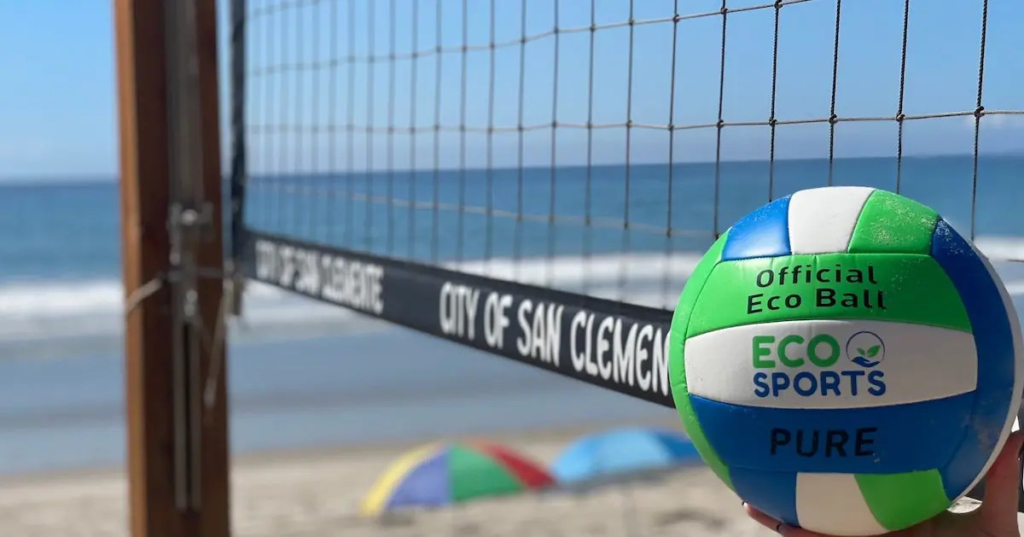Eco-Friendly Sports Gear
In the world of sports, the demand for high-performance gear and equipment is undeniable. However, the environmental impact of manufacturing and disposing of sports gear has raised concerns about sustainability in the industry. Thankfully, a growing number of brands and manufacturers are embracing eco-friendly practices, focusing on sustainable materials and production methods. This article dives into the realm of eco-friendly sports gear, exploring the innovative approaches and benefits of using sustainable materials in the production of athletic equipment.

Sustainable Materials in Sports Gear
Traditional sports gear is often made from synthetic materials derived from fossil fuels, contributing to pollution and resource depletion. However, the advent of sustainable materials is revolutionizing the industry. Brands are now utilizing recycled and upcycled materials, such as recycled polyester, organic cotton, and regenerated nylon, to create eco-friendly sports gear. These materials reduce the reliance on virgin resources, lower carbon emissions, and promote the circular economy by giving new life to existing materials.
Low-Impact Production Methods
In addition to using sustainable materials, eco-friendly sports gear manufacturers are adopting low-impact production methods. This includes minimizing water usage, reducing energy consumption, and implementing environmentally friendly manufacturing processes. Some brands are also prioritizing local production to reduce transportation emissions and support local economies. By adopting these practices, manufacturers are striving to reduce their carbon footprint and create sports gear with a lower environmental impact.

Performance and Durability
Eco-friendly sports gear is not just environmentally conscious; it also offers performance and durability on par with traditional gear. Brands are investing in research and development to ensure that sustainable materials meet the rigorous demands of athletes. Innovations such as bio-based materials and natural fibers are being explored to create lightweight, moisture-wicking, and durable sports gear. Athletes can now enjoy high-performance equipment while contributing to a more sustainable future.
Circular Design and Closed-Loop Systems
Another key aspect of eco-friendly sports gear is the adoption of circular design principles and closed-loop systems. This involves designing products with the end of their life cycle in mind, ensuring that they can be easily disassembled and their components recycled or repurposed. Brands are exploring innovative approaches, such as modular designs and take-back programs, to enable the efficient recycling or refurbishment of sports gear. By implementing closed-loop systems, manufacturers can minimize waste, conserve resources, and create a more sustainable supply chain.
Social and Ethical Considerations
In addition to environmental sustainability, eco-friendly sports gear also addresses social and ethical considerations. Many sustainable sports gear brands prioritize fair labor practices and ethical sourcing of materials. They strive to ensure that workers involved in the production process are treated fairly and work in safe conditions. Furthermore, some brands actively support social initiatives and give back to communities, promoting inclusivity and positive social impact. By choosing eco-friendly sports gear, athletes can support brands that prioritize both environmental and social responsibility.
Wrap up
The shift towards eco-friendly sports gear represents a significant step in creating a more sustainable sports industry. By embracing sustainable materials and production methods, brands and manufacturers are reducing their environmental impact and offering athletes gear that is both high-performance and eco-conscious. As consumers become more aware of the importance of sustainability, the demand for eco-friendly sports gear continues to grow. This encourages further innovation and collaboration across the industry, ultimately leading to a more sustainable and environmentally responsible approach to sports gear production and consumption.


